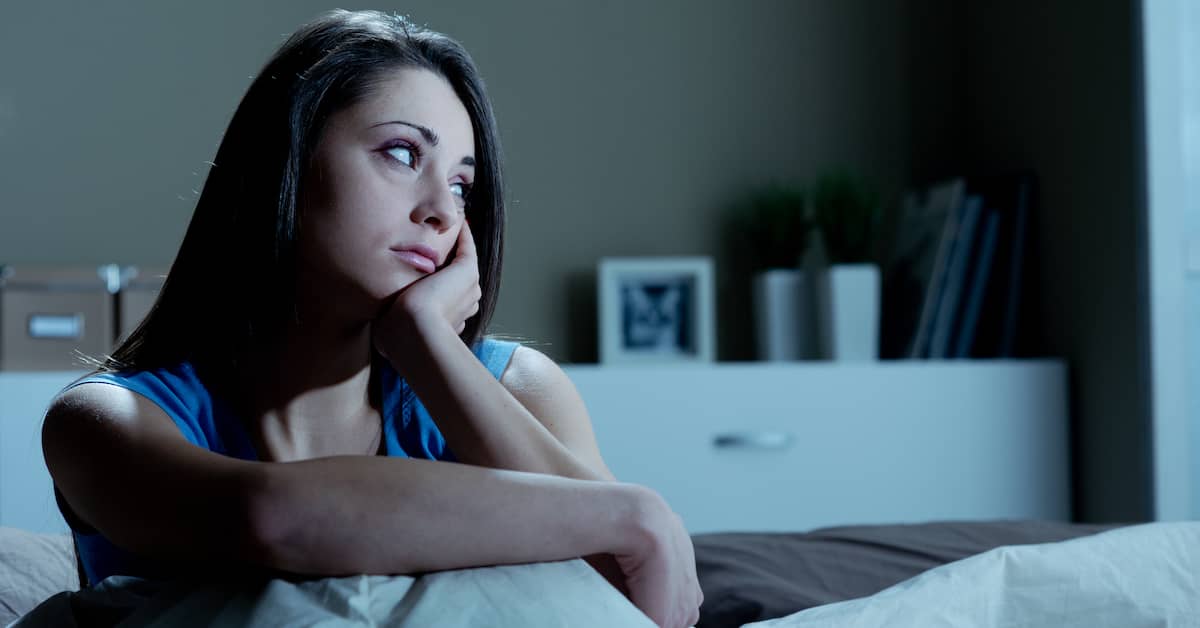
How Does Triple Chronotherapy Work?
The initial 36 hours of deprived sleep is followed by four days in which bedtimes and wake times are advanced by two hours. For example, on day two the patient goes to bed at 5 pm and wakes up at 1am. By day five the patient is going to bed at 11 pm and waking up at 7 am. Several hours before the early bedtime patients wear light-filtering amber goggles to help stimulate the release of the sleep-inducing hormone, melatonin. After waking they expose their eyes to bright light from a light box. This aspect of the treatment may be continued for some months. In the United Kingdom, triple chronotherapy is promoted by psychiatrist David Veale. In an analysis of 16 studies published last year, Dr. Veale and his team wrote, "Overall chronotherapy was generally superior to other therapies such as psychotherapy, antidepressants, exercise or light therapy alone after five to seven days."Improvement After One Week
In London, where Dr. Veale practices, patients stay in the hospital for all five days. But to test the therapy in an outpatient setting, Dr. Veale organized a new study of 82 patients. Of the group half undertook triple chronotherapy while the control group was given psycho-education, written information on sleep hygiene, and light therapy. After one week, 52 percent in the chronotherapy group enjoyed a greater than 50 percent reduction in depression symptoms compared to only 18 percent in the control group. This gradually improved to 70 percent versus 22 percent reduction in depression symptoms after six months. "Astonishingly," says Dr. Veale, "these results are about the same for anti-depressants or Cognitive Behavioral Therapy but these therapies typically take six weeks to have the same results."Works Like a Pacemaker
Dr. Veale says the therapy resembles resetting a computer by closing down all the faulty programs and rebooting. By doing so, he says, it "seems to re-synchronize the body's circadian rhythm with the sun, the moon, and daylight." Barbara Parry, M.D., a professor of psychiatry at the University of California, San Diego, who is conducting clinical studies into the therapy, elaborates on the mechanism. "In patients with depression, the timing of melatonin levels is disturbed,” reports Dr. Parry. “But after the treatment, the melatonin levels are normalized. "We can think of disturbed circadian rhythm like arrhythmia, where the timing of nerve signaling and heart contraction are misaligned. "The chronotherapy works like a pacemaker that resets the system and realigns the rhythm, which seems to lead to mood improvement."An Overlooked Treatment that’s Safer than Drugs
Although promising, Dr. Veale describes the therapy as "strangely neglected." In fact, the hospital where he practices triple chronotherapy is the only one in the United Kingdom to offer the treatment. The reason, he suggests, is "because it's not patentable and you can't make money out of it. Also it's not part of the culture - psychiatrists do medication and psychologists do talking therapies." The same is true in continental Europe. Professor Anna Wirz-Justice, from the Center for Chronobiology at the University of Basel in Switzerland, and one of the pioneers of the therapy in the 1990s, said, "When I first saw patients with severe depression talking and being normal after this treatment, I thought doctors would jump at the opportunity to treat depression. But no." Not surprisingly, triple chronotherapy also flies under the radar in the U.S., where few facilities offer the treatment. One that does is Chicago Psychiatry Associates. John Gottlieb, M.D., the medical director of the clinic, and a clinical assistant professor of psychiatry at the Feinberg School of Medicine at Northwestern University, said, "We see patients feel better within 12 to 36 hours after the treatment." "It does not have the kind of funding and financial backing for research and promotion [compared with pharmaceuticals]," he explained.- https://pubmed.ncbi.nlm.nih.gov/31606606/ Chronotherapy for the rapid treatment of depression: A meta-analysis
- https://www.cambridge.org/core/journals/bjpsych-open/article/triple-chronotherapy-for-the-rapid- treatment-and-maintenance-of-response-in-depressed-outpatients-a-feasibility-and-pilot- randomised-controlled-trial/360D7CE210A12658872D303AC22CF162
- https://www.veale.co.uk/feature/wake-light-therapy-depression/
- https://psychnews.psychiatryonline.org/doi/full/10.1176/appi.pn.2018.pp1b2
